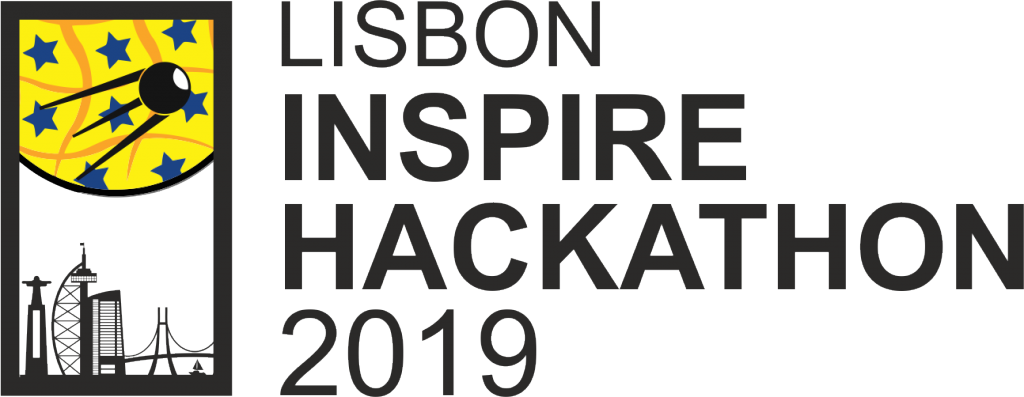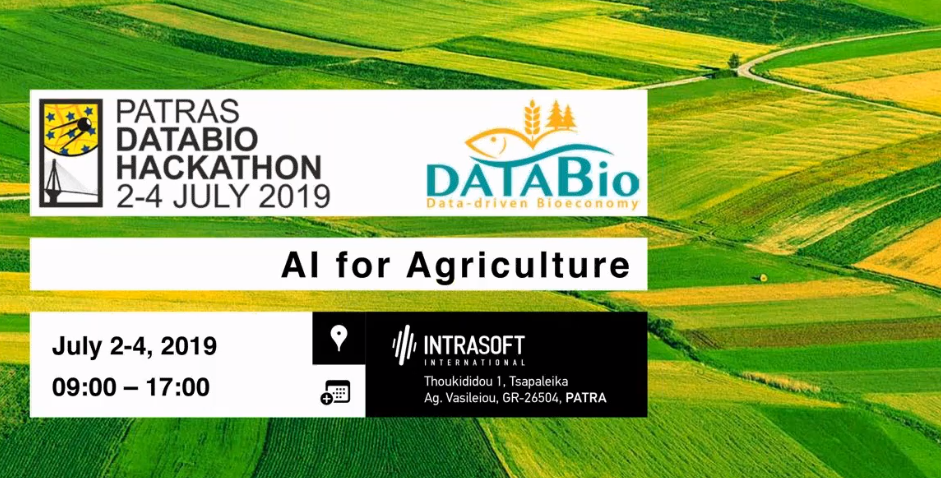This is the team no. 4 for the Patras DataBio Hackathon 2019.
Team mentors: Jan Vrobel, Simon Leitgeb, Raitis Berzins
Description: Today we propose to you the idea that “maps” are interesting not only as visualizations of Agriculture data capturing — but as shareable, fascinating and valuable Agriculture objects in themselves. Once, a map used to be an expensive rolled up scroll of calves skin that was drawn by a skilled artist from the manuscripts of daring sea-farers in the great age of discovery. Later, maps were produced by less picturesque but more efficient means – until the advent of the GIS age when a lot of people who previously couldn’t suddenly could make professional LOOKING maps. Nowadays, a map is not a “flat image” but a complex layered object that references data sources ‘scattered’ across a decentralized, democratic and at times volatile Internet.
Our needs are many — and very different — but so are our skill sets; thus offering everyone sophisticated GIS tools capable of making their own maps is not a likely path to ‘happy forever after. It is often simpler, better and more effective to simply give them a “map”.
There currently exists hundreds of services offering spatial information through real-time interactive protocols such as WMS and WFS etc. Soon, if member states and signatories to INSPIRE do as they are legally obliged, this number will be thousands — ten thousands.
The fact that a map is a composite object referring to a lot of live data sources around the net, require the existence of a “Map Composition” standard that describes the elements that constitute a map and how they should be combined to fit together neatly.
An early effort by the OGC was the Web Map Context specification that has not evolved since 2005. This little bit ‘heavyweight’ XML-based standard is limited in scope and has not evolved with the developments in standards and technology in the years that have passed since its creation. Recently the three European Community funded projects SDI4Apps, Foodie and OTN have started the work of defining a simple, lightweight specification for Map Compositions using HTML5- and bandwidth friendly JavaScript Object Notation (JSON) as a carrier of information.
The current specification of the JSON Map Composition is available on the GitHub Wiki of HSLayers NG.
Initially Concept of Map Composition was supported by HSlayers NG. During Prague INSPIRE Hackathon were implemented pilot Environmental Atlas of the Liberec Region in QGIS, where for QGIS was developed plugin, which support access to map compositions from server. This development now continue and QGIS is now also able to publish Maps on Web.
We would like to test this approach in different cases during this hackathon. The goal is to connect desktop and web GIS.





